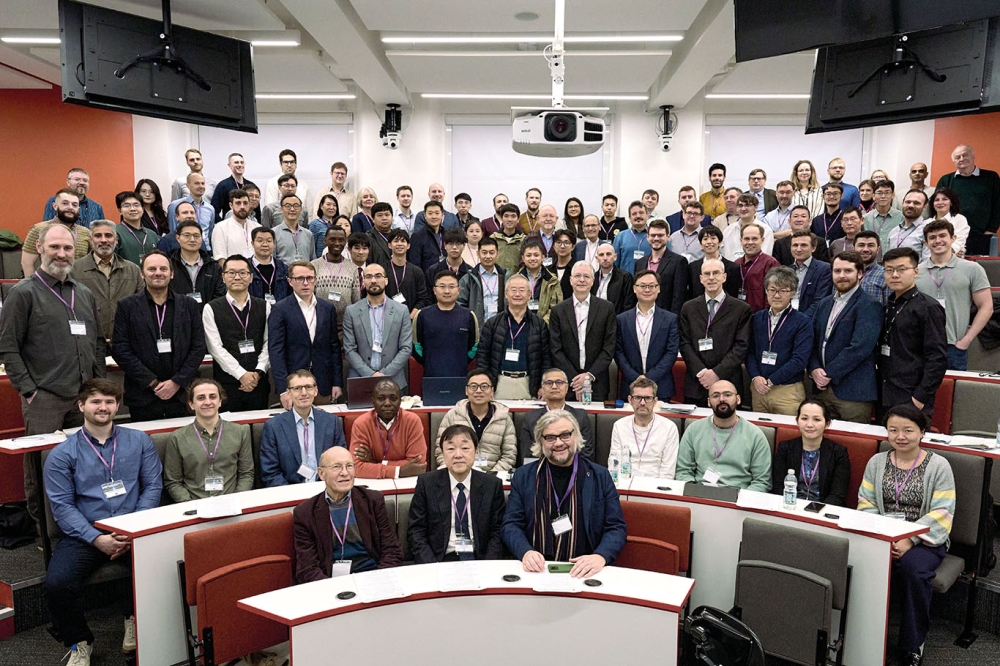Emcore bags $41m solar deal for satellite power
Solar cell production at Emcore has received a huge boost, thanks to a $41 million purchase order placed by a US-based manufacturer of communications satellites.
Several hundred thousand multi-junction cells, which are fabricated using MOCVD equipment and on germanium substrates, will feature in ten geosynchronous satellites that are set to be launched.
Production of these high-efficiency cells at Emcore s Albuquerque fab in New Mexico, which houses eight MOCVD reactors, is slated to begin in January 2007, and will continue for three years.
Although it has not disclosed the name of the customer, Emcore says that the latest deal represents an extension to an existing purchase order that the satellite maker had signed previously.
The latest deal is unrelated to Emcore's recently delayed shipment of solar cells to three foreign customers, which was caused by confusion over changes in US export license regulations.
Emcore has supplied multi-junction solar cells based on GaAs to satellite makers for more than a decade, and is now very confident of exploiting the fast-growing market for terrestrial solar energy production with the same technology.
At the recent Key Conference event held in San Antonio, TX, Emcore s head of photovoltaics Earl Fuller said that the estimated 2006 worldwide market for terrestrial solar power is much larger than had previously been thought, thanks to a rapid increase in demand.
Unexpected strength in demand for silicon-based solar systems has caused a shortage of polysilicon, driving the price of the material much higher. This has also allowed multi-junction compound semiconductor cells to become cost-competitive for the first time in terrestrial applications.
Until the mid-1990s, said Fuller, 80 per cent of satellite power was generated by silicon solar cells. Today, that figure has dropped to less than 20 per cent, with multi-junction III-V cells having become the dominant technology, with an 80 per cent share.
Emcore, the Boeing subsidiary Spectrolab, and Japan-based Sharp are all endeavoring to penetrate the terrestrial solar energy market with III-V technology.































